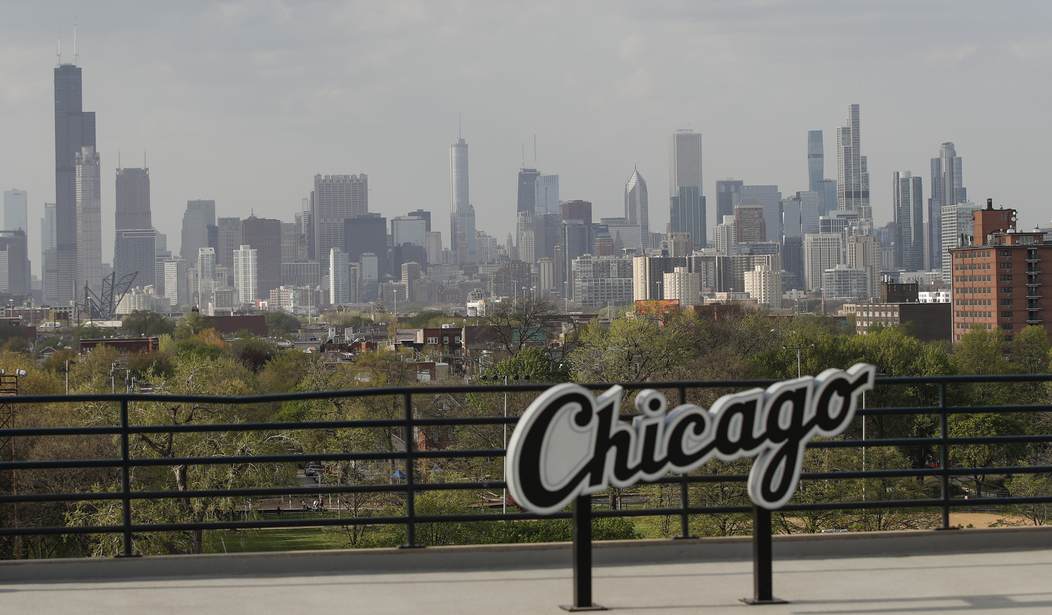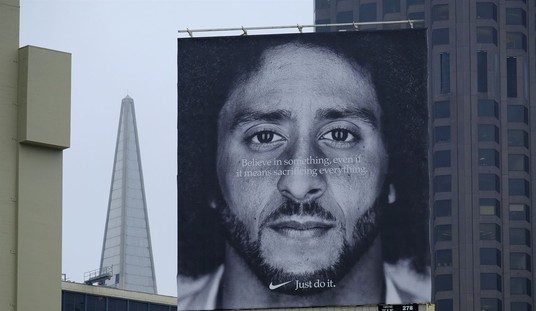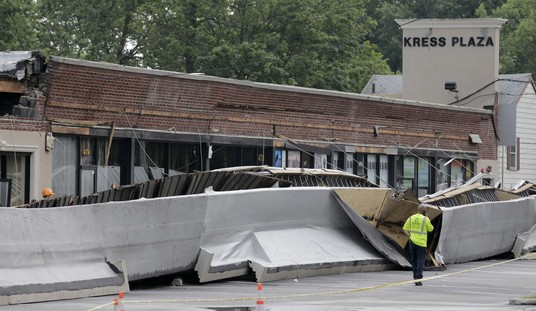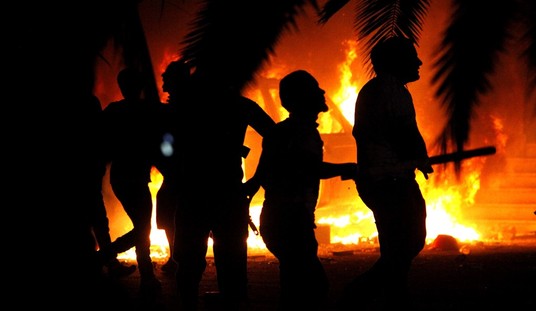Homicides are definitely way up in Chicago, though the exact numbers get a bit confusing because of the way they get reported. Chicago PD reported there were 797 people killed in the city last year, the highest number since 1996 (when the total was 798). However, the CPD figures did not include people killed on the freeway because those murders fall under the jurisdiction of state police rather than the CPD. Records from the Cook County Medical examiner show a much higher number of murders in the city:
According to case data from the medical examiner released Monday, that office handled more than 1,000 homicides last year, including 836 in the city of Chicago. It was the first time the office had handled that many homicides since 1994, it reported.
However you look at it, 2020 saw a tremendous spike in shootings and murders and 2021 exceeded it. Chicago had more homicides than any city in the country, more than New York City and Los Angeles combined. So what is the city planning to do about it? Police Superintendent David Brown promised more detectives to investigate these crimes:
Police Supt. David Brown said Tuesday that 200 new detectives will be brought in this year, saying 100 of them are already under training and the city is planning to promote another 100 officers to detectives. The increase will bring the total number of homicide detectives to 1,300.
But among the city’s politicians, there is still disagreement about how to reduce the level of crime. Alderman Ray Lopez says the city needs to return to basics. He says officers are afraid to arrest people for fear of being called racist:
Ald. Raymond Lopez (15th) has emerged as one of the mayor’s loudest detractors and a more conservative alderperson. Lopez called for more aggressive policing, a “get back to basics” approach he said is needed to contain crime before shifting to programs that target poverty and the cycle of violence.
“Many of our officers are not arresting people, are letting crimes that happen right in front of them go by because they don’t want to be misconstrued as being racist or being held liable for any kind of misconceived notions of brutality or whatever,” he said.
But socialist Alderman Byron Sigcho-Lopez wants to focus on root causes:
Ald. Byron Sigcho-Lopez (25th), a member of the Democratic Socialist Caucus who has advocated for cutting police funding, shared a divergent vision for addressing the city’s “worsening” violent crime.
As Sigcho-Lopez called for a change in policing strategies and bemoaned the police department’s relatively low clearance rates, he raised concerns about spending and a possible slide back into drug war-era crime-fighting tactics. In arguing that spending more on cops will only result in more trauma in communities ravaged by violence, he pressed instead to focus on poverty, unemployment and other “root causes” of the problem.
Getting at root causes always sounds good, the problem is that it doesn’t deal with the problem as it exists right now. A reduction in crime a decade from now isn’t going to help all of the people who are murdered in the meantime. And it’s worth noting that the people who are being killed are disproportionately black.
Blacks were victims of more than 80% of homicides in 2021, though they make up only about a third of the city population. About 3% of the victims were white, according to CPD records.
Presumably most of the shooters are also black and from these same neighborhoods which is why some officers might be worried about being accused of racism for making arrests. Last summer Mayor Lori Lightfoot supported efforts to defund the police as a kind of collective punishment for police brutality against black suspects. You really can’t blame cops for listening to the messages being sent to them and deciding to step back from confrontations.
Back in 2016 I wrote about a BBC report on gun violence in Chicago and the culture it creates. Even at the time, people living in violent neighborhoods were expressing concern over the constant state of fear they experienced. In the past two years things have only gotten worse. The city and the state are already losing residents but I wonder why more people don’t leave rather than try to live in these conditions. There must be cheaper, safer places to live than Chicago.









Join the conversation as a VIP Member